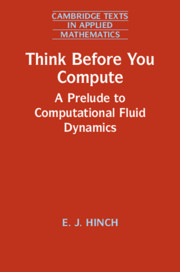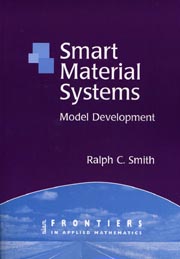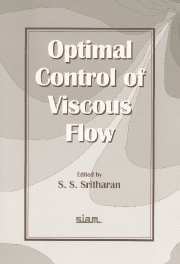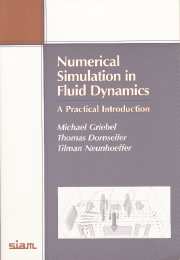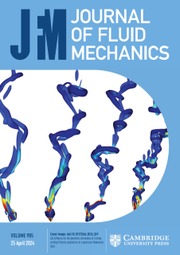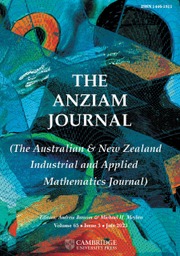Think Before You Compute
Every fluid dynamicist will at some point need to use computation. Thinking about the physics, constraints and the requirements early on will be rewarded with benefits in time, effort, accuracy and expense. How these benefits can be realised is illustrated in this guide for would-be researchers and beginning graduate students to some of the standard methods and common pitfalls of computational fluid mechanics. Based on a lecture course that the author has developed over twenty years, the text is split into three parts. The quick introduction enables students to solve numerically a basic nonlinear problem by a simple method in just three hours. The follow-up part expands on all the key essentials, including discretisation (finite differences, finite elements and spectral methods), time-stepping and linear algebra. The final part is a selection of optional advanced topics, including hyperbolic equations, the representation of surfaces, the boundary integral method, the multigrid method, domain decomposition, the fast multipole method, particle methods and wavelets.
- Students learn to compute a nonlinear flow within three hours
- Discusses the pros and cons of the different options that may be available in packages
- MATLAB codes are provided online to help students to reproduce and experiment with variations of results seen in the book
Reviews & endorsements
'Overall, the relatively short book strikes a good balance by being neither too technical nor too recipe driven, and it imparts key concepts and practical details without a fuss.' L. Mahadevan, Physics Today
'… Think Before You Compute [is] an attractive textbook for a standalone course on CFD or an excellent supplement for a graduate course that includes conceptual, analytic, and numerical approaches.' L. Mahadevan, Physics Today
Product details
No date availablePaperback
9781108789998
240 pages
227 × 153 × 13 mm
0.35kg
75 b/w illus. 1 table 16 exercises
Table of Contents
- Part I. A first problem:
- 1. The driven cavity
- 2. Streamfunction-vorticity formulation
- 3. Primitive variable formulation
- Part II. Generalities:
- 4. Finite differences
- 5. Finite elements
- 6.Spectral methods
- 7. Time integration
- 8. Linear Algebra
- Part III. Special topics:
- 9. Software packages and FreeFem++
- 10. Hyperbolic equations
- 11. Representation of surfaces
- 12. Boundary integral method
- 13. Fast Poisson solvers
- 14. Fast Multipole Method
- 15. Nonlinear considerations
- 16. Particle methods
- 17. Wavelets
- Index.

